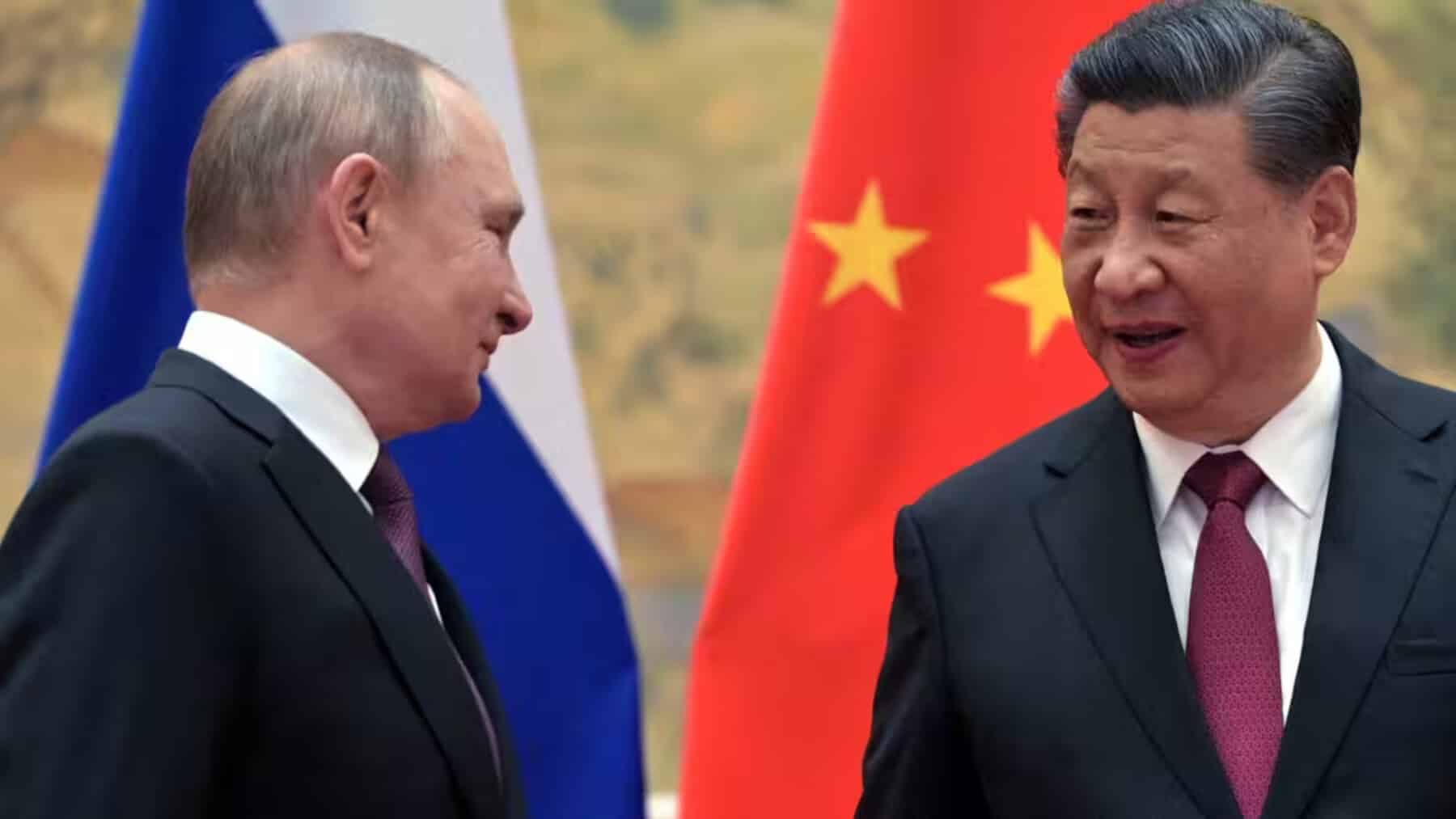Chinese leader Xi Jinping emphasized a new year of enhanced coordination with Russian counterpart Vladimir Putin during a recent call, highlighting the ongoing efforts by both countries to bolster their partnership amid tensions with Western nations.
According to a readout from China’s Foreign Ministry, Xi underscored the importance of "strengthening strategic coordination" between China and Russia, emphasizing the need to safeguard the national sovereignty, security, and development interests of both countries.
In addition, Xi and Putin reiterated their commitment to "resolutely oppose external interference in their internal affairs," reflecting their shared concerns about perceived meddling by Western governments in their domestic affairs.
The call between Xi Jinping and Vladimir Putin underscores the deepening ties between China and Russia, which have increasingly sought to align their strategic interests and counterbalance Western influence on the global stage.
The partnership between China and Russia has grown stronger in recent years, characterized by mutual cooperation in various areas including trade, defense, and diplomacy. Both countries have expressed a commitment to advancing a multipolar world order and enhancing their collaboration across different spheres of governance.
Amidst ongoing geopolitical tensions and shifting power dynamics, the close relationship between China and Russia holds significant implications for global politics and international relations. Their shared stance against external interference reflects a broader trend of alignment among non-Western powers seeking to assert their sovereignty and influence in a rapidly evolving geopolitical landscape.
As China and Russia deepen their coordination, observers closely monitor the evolving dynamics of their partnership and its implications for regional and global security, governance, and economic development. The call between Xi Jinping and Vladimir Putin underscores the resilience and strategic significance of their alliance in navigating complex geopolitical challenges and shaping the future trajectory of international relations.




















